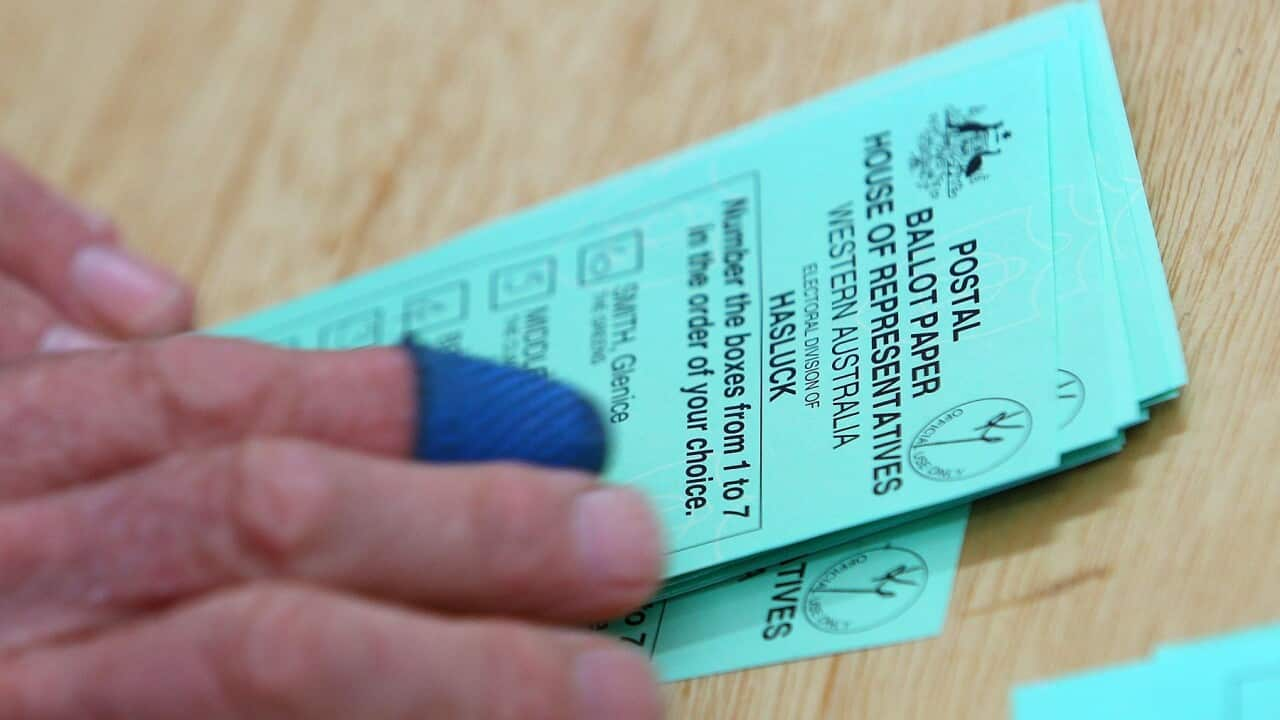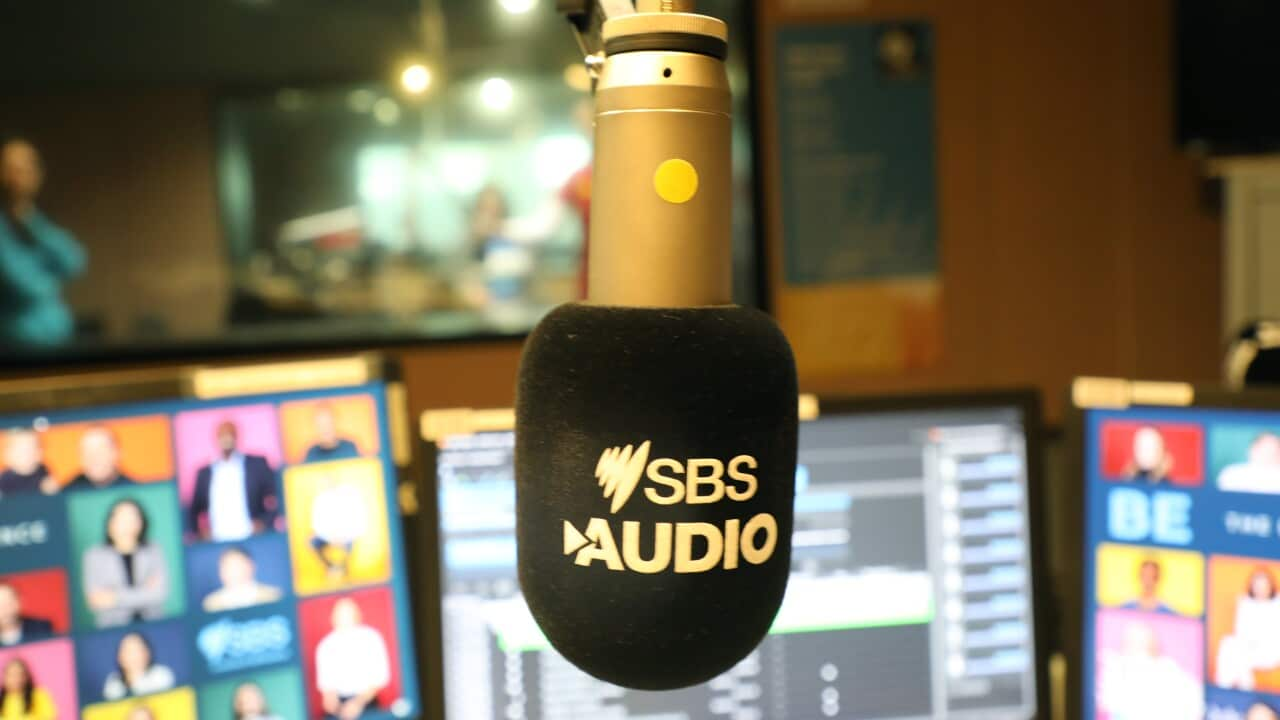At this year's federal election, party leaders and potential candidates have been able to meet voters face to face and host events with fewer COVID-19 health restrictions in place.
These 'meet and greets', roundtables and other photo opportunities on the campaign trail can help attract media coverage and public interest before voters make up their mind about who to support.
Listen to the audio
The Australian Electoral Commission's Evan Ekin-Smyth says it's still unclear what choices voters will make as to how they early on they cast a ballot.
Highlights
- Early votes can be cast at pre-poll voting centre in person, or citizens can submit a postal vote.
- Religious reasons, if they are detained or have fears for their safety, medical conditions and pregnancy can also be valid grounds to vote early.
- Early voting is becoming more popular and evidence from the Australian Electoral Commission backs this up.
Mr Ekin-Smyth says he expects most people to vote on site
"Postal voting hasn't risen like early voting has. It has remained stable at about eight per cent of the population casting a postal vote at each election. It will probably go up this federal election due to COVID but I don't think it will be as dramatic an increase as some Australians might expect."
Pre-poll and postal votes can be lodged for individuals who are outside the division they are enrolled in, more than eight kilometres from a polling station or if they are unable to leave work.
Other reasons include people being unable to attend a polling place for religious reasons, if they are detained or have fears for their safety.
Medical conditions and pregnancy can also be valid grounds to vote early.
But Adjunct Research Fellow at La Trobe University, Ian Tulloch says early voting changes the dynamics of the federal election campaign.




